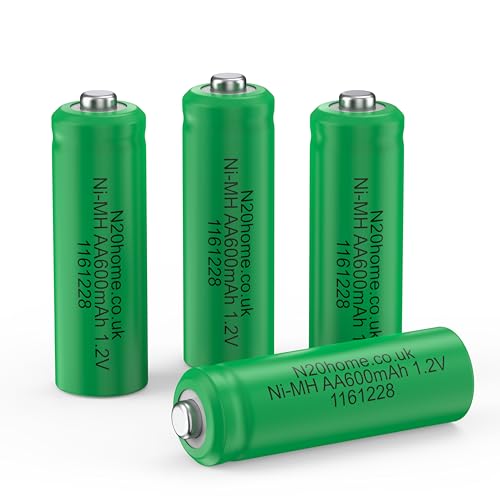Understanding Solar Batteries: How They Work and Why You Need One
What is a Solar Battery?
A solar battery is essentially a storage device that captures energy produced by your solar panels during the day. When the sun is shining, your solar panels generate electricity which can be used to power your home, but often there’s excess energy that isn’t immediately needed. Instead of letting this energy go to waste, the solar battery stores it for use later, such as during the night or on cloudy days when solar production is low. It acts like a bank for your solar energy.
The Importance of Solar Batteries
So why do we need solar batteries? Imagine a scenario where the sun sets and your solar panels stop generating power. If you rely solely on the grid, you’ll have to pay for the electricity used during this time. With a solar battery, you can access the stored energy, enabling you to save money and become less reliant on external power sources. This can significantly enhance your energy independence, giving you control over your electricity usage and costs.
Key Features to Consider When Choosing a Solar Battery
Capacity and Power Output
When choosing a solar battery, one of the first features to evaluate is its capacity, typically measured in kilowatt-hours (kWh). Capacity indicates how much energy the battery can store. If we think of it like a water tank, a larger tank can hold more water, allowing for longer usage without needing to refill. The power output, measured in kilowatts (kW), tells us how much energy can be drawn from the battery at one time. It’s crucial to find a balance that meets your household energy needs.
Battery Lifespan and Warranty
Another essential factor is the lifespan of the battery, as this will determine how long you can rely on it before needing a replacement. Typically, solar batteries last anywhere from 5 to 15 years, depending on their type and usage. Warranties on solar batteries can vary widely; a good battery should come with a robust warranty covering at least 10 years, providing peace of mind regarding its longevity and performance.
Depth of Discharge (DoD)
Depth of Discharge is a term we should be aware of as it describes how much of its total capacity a battery can use without damaging itself. For instance, if a battery has a DoD of 80%, it means we can only use 80% of its stored energy without affecting its lifespan. A higher DoD generally means we can utilise more of the stored energy, which is beneficial for maximizing solar usage.
Types of Battery Technologies
There are several types of solar batteries available, with lithium-ion being the most popular. These batteries are known for their high energy density, compact size, and longer lifespan. However, lead-acid batteries, although bulkier and shorter-lived, offer a lower upfront cost. Understanding the differences in technology can help us choose a battery that aligns with our needs and budget.
Best Solar Battery Options on the Market: Our Top Picks
Leading Solar Battery Brands
When looking at the various options on the market, we come across several leading brands that consistently deliver high-quality products. For example, brands like Tesla, LG, and Sonnen produce some of the most efficient lithium-ion batteries available, known for their performance, longevity, and smart technology integration. Exploring different models from these brands can help us identify a solar battery that fits our unique energy requirements.
Comparing Specs and Features
While comparing these models, we should focus on specifications like capacity, power output, efficiency rating, and the warranty offered. Reading reviews and gathering user experiences will also provide insight into each battery’s real-world performance, helping us make a more informed decision.
How to Install and Maintain Your Solar Battery for Optimal Performance
Understanding Installation Needs
Installing a solar battery typically requires professional assistance to ensure it is integrated perfectly with your solar panel system and complies with local regulations. It’s vital to choose an installer who is familiar with your particular battery model and has a track record of successful installations.
Routine Maintenance Practices
Maintenance for solar batteries is relatively straightforward. Regular checks on the battery’s voltage and capacity can identify any performance issues early on. Additionally, ensuring the battery is kept in a stable temperature environment and free from dust will help prolong its life. It’s essential to read the manufacturer’s guidelines for specific maintenance practices related to your chosen model.
Maximising Efficiency: Tips for Using Your Solar Battery Effectively
Smart Energy Management
To make the most out of your solar battery, utilising a smart energy management system can be incredibly beneficial. These systems monitor energy production and consumption in real time, optimising when to store energy or draw from the battery. This can help automate the process and ensure we’re using our stored energy efficiently.
Scheduling Usage Patterns
Adapting our energy consumption habits can also lead to better efficiency. For example, running high-energy appliances during the day when solar energy production is at its peak can reduce our reliance on stored energy, allowing us to save battery power for evening use when needed the most.





















